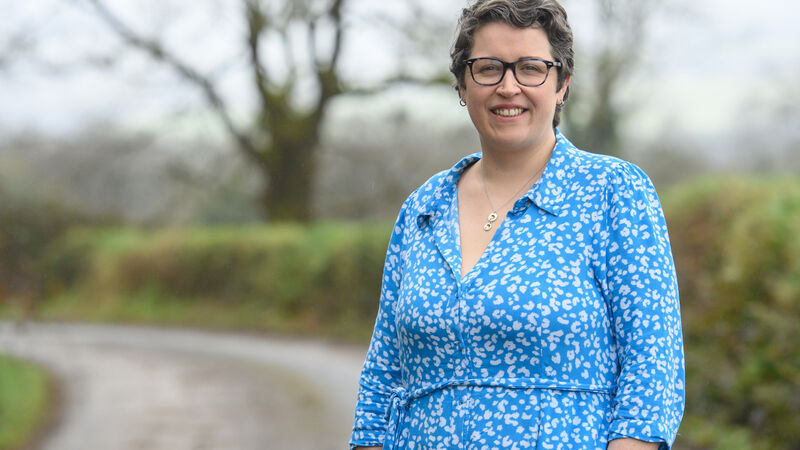Endometriosis: Cork woman sought surgery in Romania after ‘barriers’ faced in Ireland

Brenda Quigg at her home in Fermoy, Co Cork. Picture: Dan Linehan
Try from €1.50 / week
SUBSCRIBEEACH year, between 100 and 150 Irish women are forced to travel abroad for endometriosis surgery in Romania, campaigners say, as the condition “is not taken seriously in Ireland”.
Faced with long waiting times to get a diagnosis and a lack of funding and research in the area, endometriosis sufferers across the country have been turning to treatment options overseas.
Already a subscriber? Sign in
You have reached your article limit.
Annual €130 €80
Best value
Monthly €12€6 / month
Introductory offers for new customers. Annual billed once for first year. Renews at €130. Monthly initial discount (first 3 months) billed monthly, then €12 a month. Ts&Cs apply.
CONNECT WITH US TODAY
Be the first to know the latest news and updates
Newsletter
Keep up with stories of the day with our lunchtime news wrap and important breaking news alerts.


Commemorating 100 years since the War of Independence

Select your favourite newsletters and get the best of Irish Examiner delivered to your inbox
Tuesday, February 10, 2026 - 10:00 AM
Tuesday, February 10, 2026 - 12:00 PM
Monday, February 9, 2026 - 5:00 PM
© Examiner Echo Group Limited